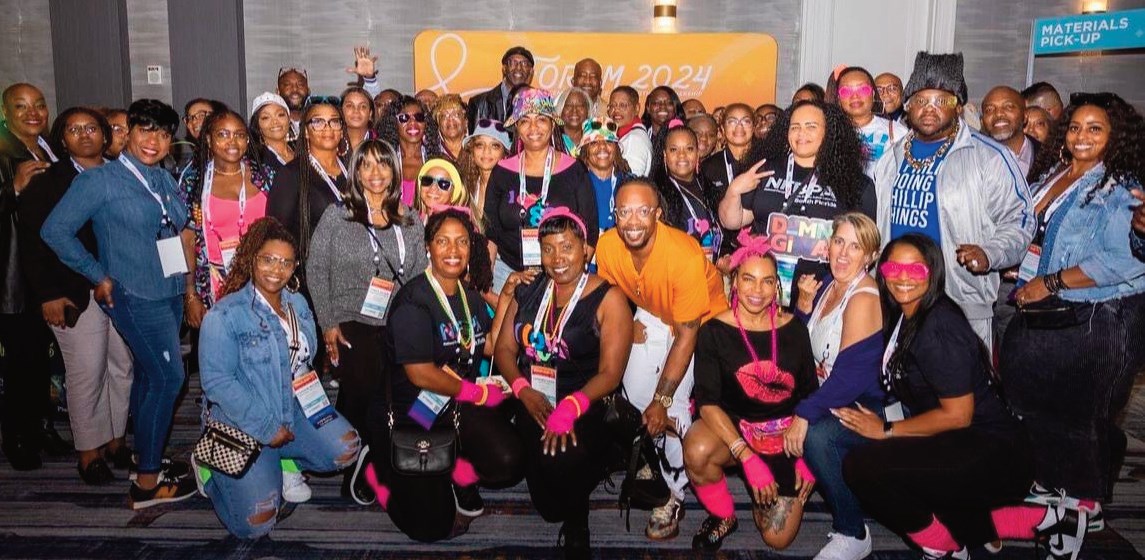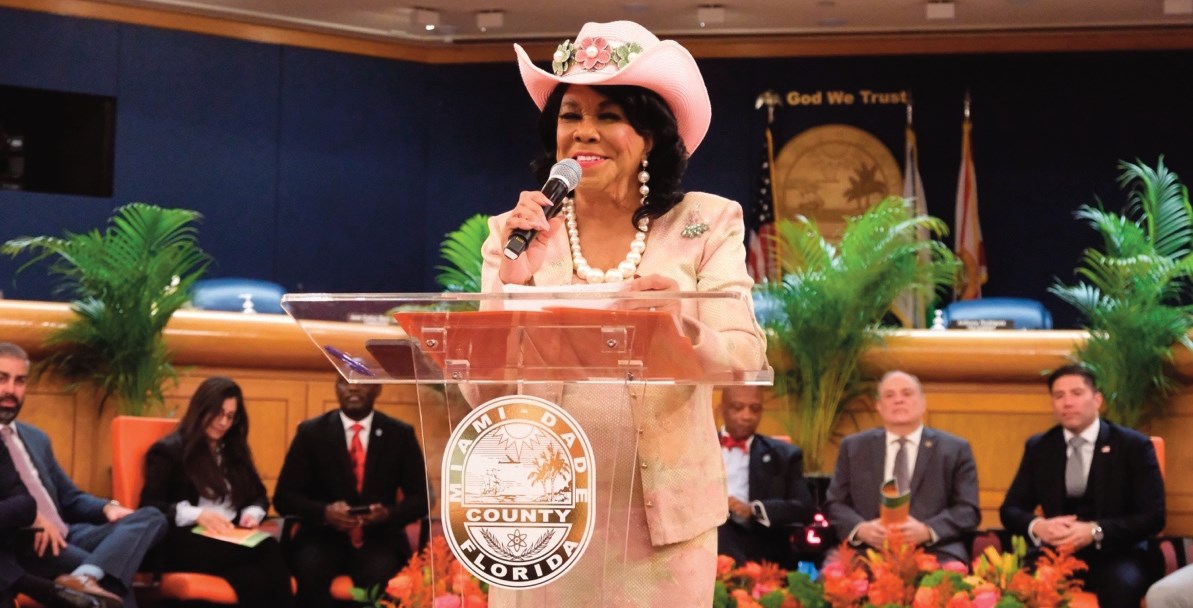 The leader of the NAACP North Carolina State Conference, the Rev. Dr. William Barber II, was handcuffed and taken to jail recently, along with six other leaders, for attempting to speak in the North Carolina House against attempts by rightwing, Tea Party-backed legislators to push through draconian cuts that would dramatically affect the poor and the middle class.
The leader of the NAACP North Carolina State Conference, the Rev. Dr. William Barber II, was handcuffed and taken to jail recently, along with six other leaders, for attempting to speak in the North Carolina House against attempts by rightwing, Tea Party-backed legislators to push through draconian cuts that would dramatically affect the poor and the middle class.
The cuts are the latest in a coordinated move in the state to advance a radical agenda that includes re-segregating schools, eroding voting rights and cutting back on education funding.
“Our state can do better than the direction we are headed,” said Barber, who was released the day after his arrest. “The State of North Carolina has come too far to go back to the dark ages of segregation and economic despair. Our coalition of civil rights, faith, labor and civic organizations will continue to organize, educate and empower communities across the state to keep North Carolina moving forward.”
The efforts by Tea Party legislators in North Carolina mirror attempts throughout the country to restrict voting rights, deplete education funding and eliminate civil rights in the work place.
These extreme actions disproportionately impact African Americans, who are more likely to lack qualifying photo IDs, attend the poorest schools and suffer discrimination in the workplace.
In Florida, newly enacted laws disenfranchise minorities, the working poor and young Americans in the voting process by cutting the number of days for early voting by more than half, imposing overburdening regulations on voter registration organizations and denying newly released felons immediate restoration of their voting rights.
In South Carolina, a new voter ID law adds another unnecessary obstacle to vote for older citizens who may have never acquired a driver’s license.
In Pennsylvania, the target appears to be education funding. Newly elected Gov. Tom Corbett proposed cutting more than $1.2 billion from the state’s education budget, while simultaneously raising prison spending by nearly 11 percent and requesting construction of three new prisons.
In the Midwest, it is the rights of workers that are under attack. In April, Missouri legislators tried to raise the threshold for an employee to file a discrimination lawsuit against an employer. And, in Wisconsin, Tea Party-backed officials tried to eliminate the right of public employees to organize.
“From Florida to Wisconsin, Missouri to Arizona, we are seeing a coordinated attempt to turn the clock back on our nation’s progress,” NAACP President and CEO Benjamin Todd Jealous said. “The NAACP will not sit idly by with so much at stake.”
And it hasn’t.
As in North Carolina, civil rights, labor and faith organizations have taken a stand. From lawsuits in Florida, to rallies in Pennsylvania, to a letter-writing campaign in Missouri that led to a governor veto of the bill that would promote work place discrimination, the NAACP and its allies have fought to prevent the radical agenda from taking hold.
“We must fight against these cruel measures that only serve to hurt the middle class and the poor and will not make our nation better,” Jealous said.
“The courage of Rev. Dr. Barber and other leaders across the country shows the unyielding resolve that we must all exhibit to protect America’s promise for hard-working families,” he said.












No Comment